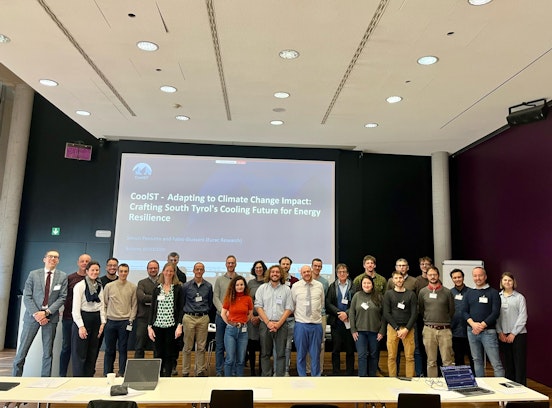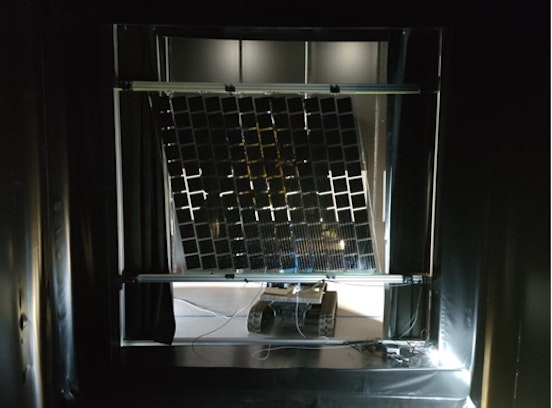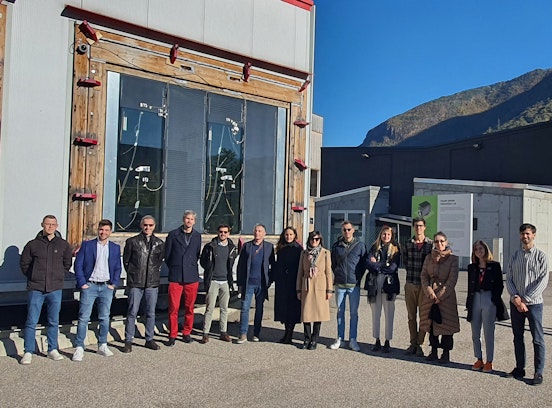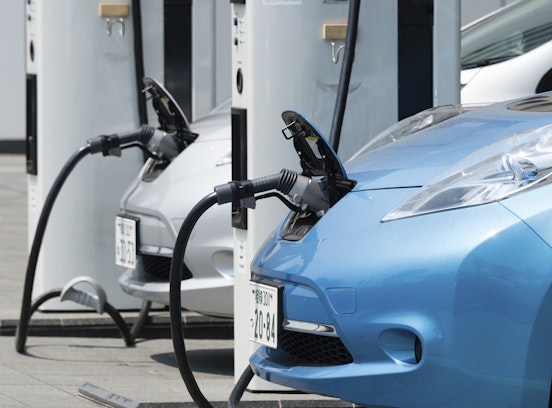Institute for Renewable Energy - Urban and regional energy systems - News & Events - Machine learning models for installed PV capacity estimation
Machine learning models for installed PV capacity estimation
New study on machine learning model that can automatically detect PV installations from aerial imagery for the extraction of photovoltaic data within the urban morphology
Advancements in technology, decreased material costs, and a worldwide emphasis on renewable energy have greatly enhanced the development of solar PV technology. Consequently, the use of solar PV technology has seen a significant increase, but obtaining precise geospatial information on rooftop PV installations in localized regions such as towns and counties poses a significant challenge.
Monitoring these installations is crucial for various stakeholders and applications. Accurate information on PV installations helps in making informed decisions on energy policies, capacity expansion planning, system upgrades, and operational strategies to ensure grid reliability and resilience. Researchers also benefit from up-to-date data for developing innovative solutions in the PV field. Furthermore, monitoring PV installations can also be valuable for urban planning purposes.
A recent Eurac Research study, published on the Journal Sustainability in collaboration with the Laboratorio di Simulazione Urbana Fausto Curti and RHEA Group, presents a machine learning approach for the analysis of PV installations in urban areas based on less complex and resource-intensive models to target the challenge of data scarcity.
"In Eurac we developed a machine learning model that can automatically detect PV installations from aerial imagery and we tested it based on the case study of Crevillent, Spain, where it achieved an accuracy of nearly 70%. Using this tool, we then estimated the installed PV capacity and we carried out an analysis comparing the presence and distribution in different urban morphologies within the town. The work demonstrates that simple machine learning models still provide a reliable and cost-effective way to obtain data for decision-making in the fields of energy and urban planning, particularly in areas with limited access to existing data" explains Fabio Giussani, first author of the study.
Here the link to the article










